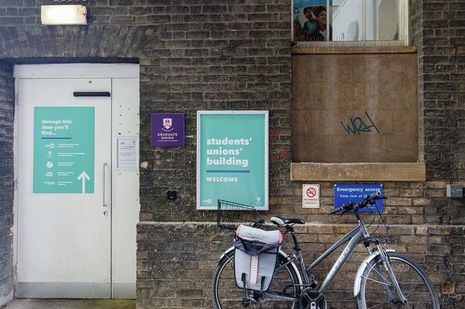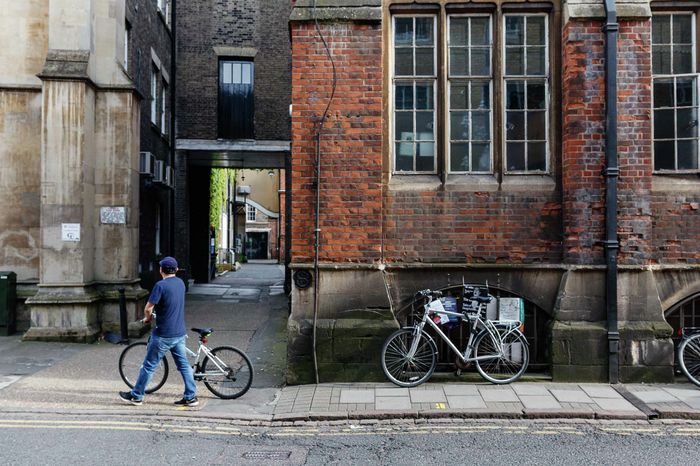CUSU Council Votes to Support NUS Student Safety Net Campaign
CUSU will now lobby the University and Government for student financial support in response to Covid-19

In a virtual meeting on Monday (11/05), the Cambridge University Student Union (CUSU) Council voted overwhelmingly in favor of a motion to support the National Union of Students (NUS) campaign for a Student Safety Net in response to the Coronavirus pandemic.
The policy – which received 31 'yes' votes, 1 'no', and 2 abstentions – endeavors to address student financial concerns around Covid-19 by advocating for University hardship funding and lobbying the government in solidarity with the NUS.
Launched on 22 April, the Safety Net campaign calls for a national student hardship fund, financial support for students leaving education, debt relief, and the option to retake the 2019/20 year of studies without further charges.
The demands come in response to an April NUS survey that found a third of students were 'at critical risk of being unable to access their education'.
CUSU Education Officer Ali Hyde proposed the motion, stating that he hopes the NUS campaign can alter the Government’s “woefully inadequate” support for Higher Education thus far.
He furthered that “the government should be doing much more to ensure students are not left in financial hardship and help safeguard the long-term future of universities, particularly other institutions with smaller resources”.
He also hopes that the NUS campaign can speak more specifically to the concerns of international students.
In Cambridge, Hyde said his ambition was that the motion ensures the University “[makes] the necessary investment” in supporting students from disadvantaged backgrounds and staff who are adapting to remote teaching.
During the CUSU Council meeting, he responded to a question about the practical implications of such investment by emphasising the importance of lobbying government. He also offered his view that supporting the NUS campaign would prevent the University from shouldering the financial effects of a Covid-19 response alone.
Access & Funding Officer Lily-Rose Sharry seconded the motion, and joined Hyde in noting that CUSU had already begun advocating for these issues on both a local and national level.
She stated that CUSU had sought to improve hardship funding from the University and to communicate existing funding and application procedures to students.
PhD students have become a particular focus of advocacy, with some reporting difficulty in seeking hardship funding following the completion of their vivas.
Sharry explained that “these sorts of situations put people in incredibly difficult positions as students are not eligible to receive Universal Credit”.
The motion’s third resolution commits to writing to Cambridge MP Daniel Zeichner in order to request support for the NUS campaign. CUSU-Graduate Union Welfare and Rights Officer Stella Swain stated she had already sent this letter, and a meeting had been scheduled accordingly.
The motion also resolves to continue campaigning for free education for all, which Sharry believes will prove important as students become more dependent on loans following the crisis. Hyde noted that CUSU had already committed to supporting free education prior to this motion.
Monday’s meeting also marked the final CUSU Council meeting before the formation of 'Cambridge SU' next year.
 News / Judge Business School advisor resigns over Epstein and Andrew links18 February 2026
News / Judge Business School advisor resigns over Epstein and Andrew links18 February 2026 News / Gov grants £36m to Cambridge supercomputer17 February 2026
News / Gov grants £36m to Cambridge supercomputer17 February 2026 News / Hundreds of Cambridge academics demand vote on fate of vet course20 February 2026
News / Hundreds of Cambridge academics demand vote on fate of vet course20 February 2026 News / CUCA members attend Reform rally in London20 February 2026
News / CUCA members attend Reform rally in London20 February 2026 News / Union speakers condemn ‘hateful’ Katie Hopkins speech14 February 2026
News / Union speakers condemn ‘hateful’ Katie Hopkins speech14 February 2026










